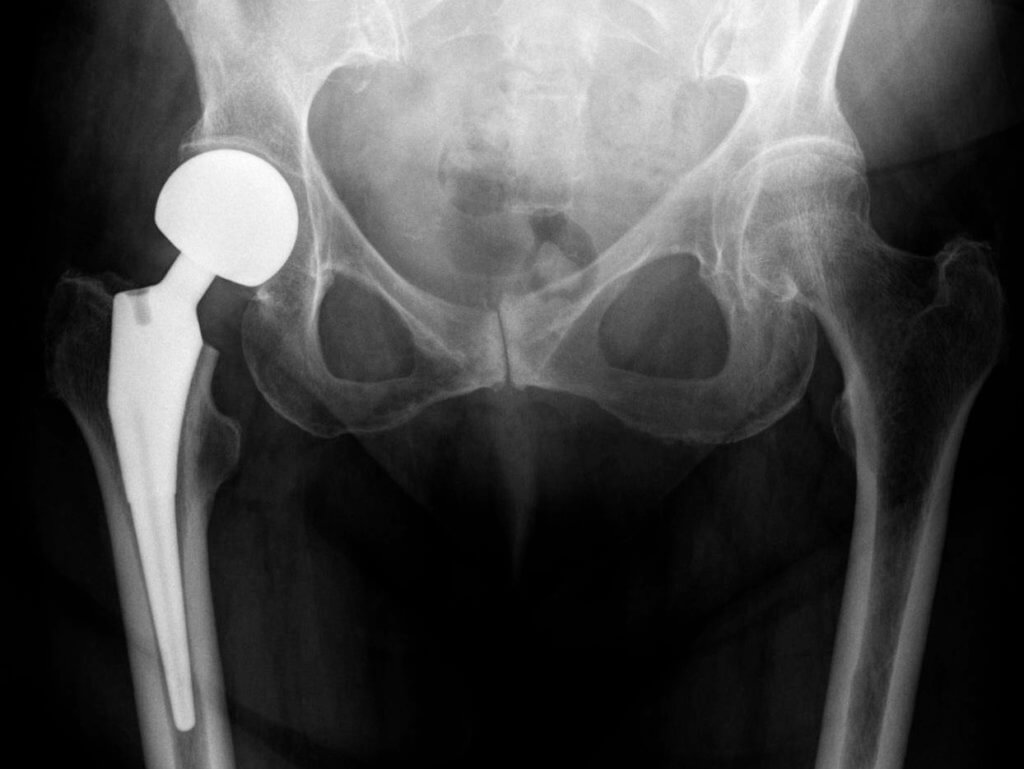
Hip surgery is done to replace a worn-out or damaged hip joint after a hip fracture or for severe pain because of arthritis. The surgeon replaces the old joint with an artificial joint. Senior citizens recovering from hip surgery have to take several precautions to keep themselves fit and lead a healthy normal life. Hip replacement surgery often helps ease pain and increase mobility for seniors citizens, improving their quality of life.
After a hip replacement surgery, the patient needs to attend physical therapy to regain strength and mobility and he can gradually restore vigor and stamina by performing prescribed exercises. Senior citizens may perform physical therapy in a rehabilitation center or at home as recommended by the doctor.
Senior citizens have to take several precautions after hip surgery as per the specific instructions by the doctor and look for signs of infection, including drainage, redness, pain, fever, or chills. In addition to this, they must not strain or bend too much for daily activities like taking a shower or getting dressed.
Another important tip for senior citizens after hip surgery is that they should remain agile and not get lethargic. It is important to stand up, sit upright, take a walk, and avoid sitting in the same position for more than half an hour. Your doctor will indicate what your activity levels should be during your recovery. If he advises you to use a walker or crutches, take their support unless the doctor tells you to walk without them. It has to be a measured activity for a speedy recovery and overdoing any movement can be detrimental to recovery.
During the recovery process after hip surgery, senior citizens should hire a caretaker who can assist them during transportation from the hospital after the procedure, give assistance in moving the patient to different rooms and help them with standing, sitting, and lying down, take care of the household chores like cooking, cleaning, laundry, and grocery shopping, ensure that the patient can attend follow-up appointments with the surgeon as well as physical therapy appointments, provide medication reminders, pick up prescriptions, and raise any concerns to the healthcare team. A compassionate and patient caretaker plays an integral role in the recovery process after hip surgery by providing emotional support and reducing the stress levels of the patient.
Senior citizens who have recently undergone hip surgery and have limited mobility should take every precaution not to trip or fall accidentally as it can be very dangerous. They must identify hazard areas around the house and steer clear of them while moving from one part of the house to the other. Post-surgery appointments with the surgeon must not be missed to ensure that hip and leg are recovering properly.
Normally patients can resume their day-to-day activities within 12 weeks following hip surgery such as taking long walks, cycling, swimming or playing golf. For some patients, it may take up to six months to completely recover from surgery and this includes senior citizens.
In the bustling city of Jabalpur, the prevalence of joint pain has become a significant concern for many individuals. This article aims to shed light on the topic of joint replacement, a highly effective solution to relieve pain and restore mobility. Whether...
In today's world, the demand for knee replacements has been on the rise as more people seek relief from chronic knee pain and impaired mobility. Shalby Hospital Mohali stands as a trusted destination for individuals seeking effective knee replacement surgeries. This article...
What childhood is without play and pranks! Childhood is the most beautiful of all life’s seasons where one finds joy in the ordinary and happiness stems from within. Slides, Monkey Bars, Swings, Cricket, Basketball, Football, etc. are all an integral part of...